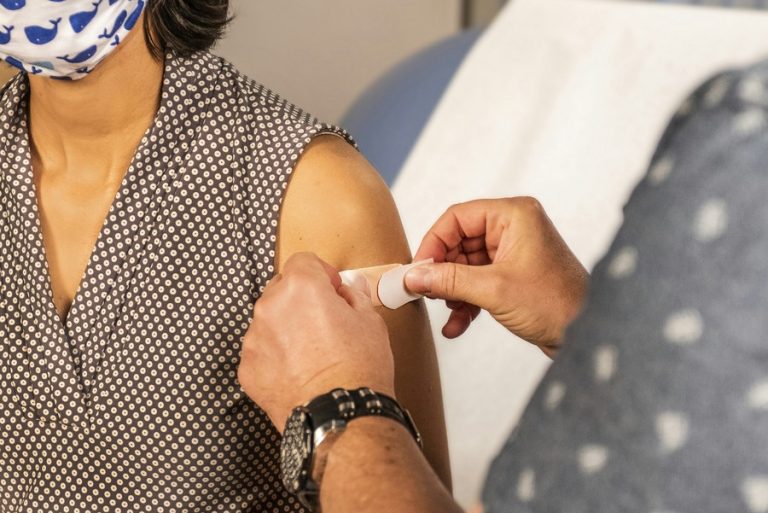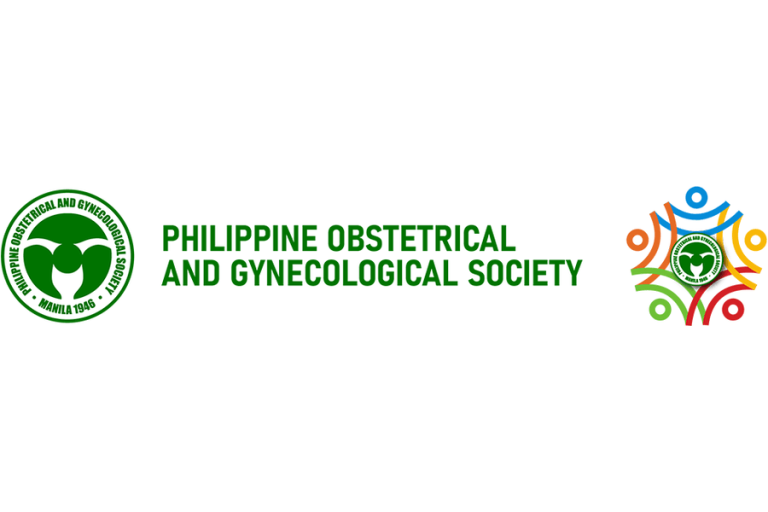Obstetrics and Gynecology: Supporting Women’s Health at Every Stage
Women’s health is unique and constantly evolving across different life stages—from adolescence to menopause and beyond. The medical specialty that focuses on these needs is Obstetrics and Gynecology (OB-GYN). Whether it’s pregnancy care, menstrual health, or preventive screenings, OB-GYNs play a vital role in keeping women healthy.
What Is Obstetrics and Gynecology?
Obstetrics deals with pregnancy, childbirth, and the postpartum period, focusing on the health of both mother and baby.
Gynecology addresses the health of the female reproductive system, including the uterus, ovaries, fallopian tubes, and breasts.
Together, these fields provide comprehensive women’s healthcare through all stages of life.
Common Services in Obstetrics
OB-GYNs provide care before, during, and after pregnancy, including:
Prenatal care – Monitoring the health of the mother and baby throughout pregnancy
Labor and delivery – Managing childbirth, whether vaginal or via cesarean section
High-risk pregnancy management – For conditions like gestational diabetes, preeclampsia, or multiple births
Postpartum care – Supporting physical and emotional recovery after birth
Common Services in Gynecology
Gynecologic care includes both preventive health and treatment for conditions affecting the reproductive system:
Routine check-ups and screenings – Pap smears, pelvic exams, and breast exams
Menstrual health – Managing irregular, painful, or heavy periods
Contraception and family planning – Birth control counseling and procedures
Fertility care – Support for women facing challenges conceiving
Menopause management – Addressing symptoms like hot flashes, mood changes, and bone health
Diagnosis and treatment of gynecological conditions such as:
Polycystic ovarian syndrome (PCOS)
Uterine fibroids
Endometriosis
Ovarian cysts
Gynecologic cancers
Preventive Care in Women’s Health
One of the most important roles of OB-GYNs is preventive care. Regular visits can help detect health issues early and reduce risks. Preventive services may include:
HPV vaccination to prevent cervical cancer
Screening for sexually transmitted infections (STIs)
Mammograms and pelvic ultrasounds
Counseling on nutrition, exercise, and lifestyle habits
When Should You See an OB-GYN?
Women are generally encouraged to begin gynecological care during their teenage years (around age 13–15) or when they become sexually active. After that, annual visits are recommended for routine check-ups, but appointments may also be needed for:
Irregular or painful periods
Concerns about fertility
Unusual pelvic pain or discharge
Planning for pregnancy or contraception
Menopausal symptoms
The Importance of OB-GYN Care
OB-GYNs do more than address reproductive health—they also play a key role in overall well-being. By providing preventive care, early diagnosis, and personalized treatment, OB-GYNs empower women to take charge of their health throughout every stage of life.
Final Thoughts
Obstetrics and Gynecology is a cornerstone of women’s healthcare. From guiding women through pregnancy to managing reproductive health conditions and supporting wellness during menopause, OB-GYN specialists are partners in health for life.
Regular check-ups and open communication with your OB-GYN help ensure the best possible care for your unique needs.







